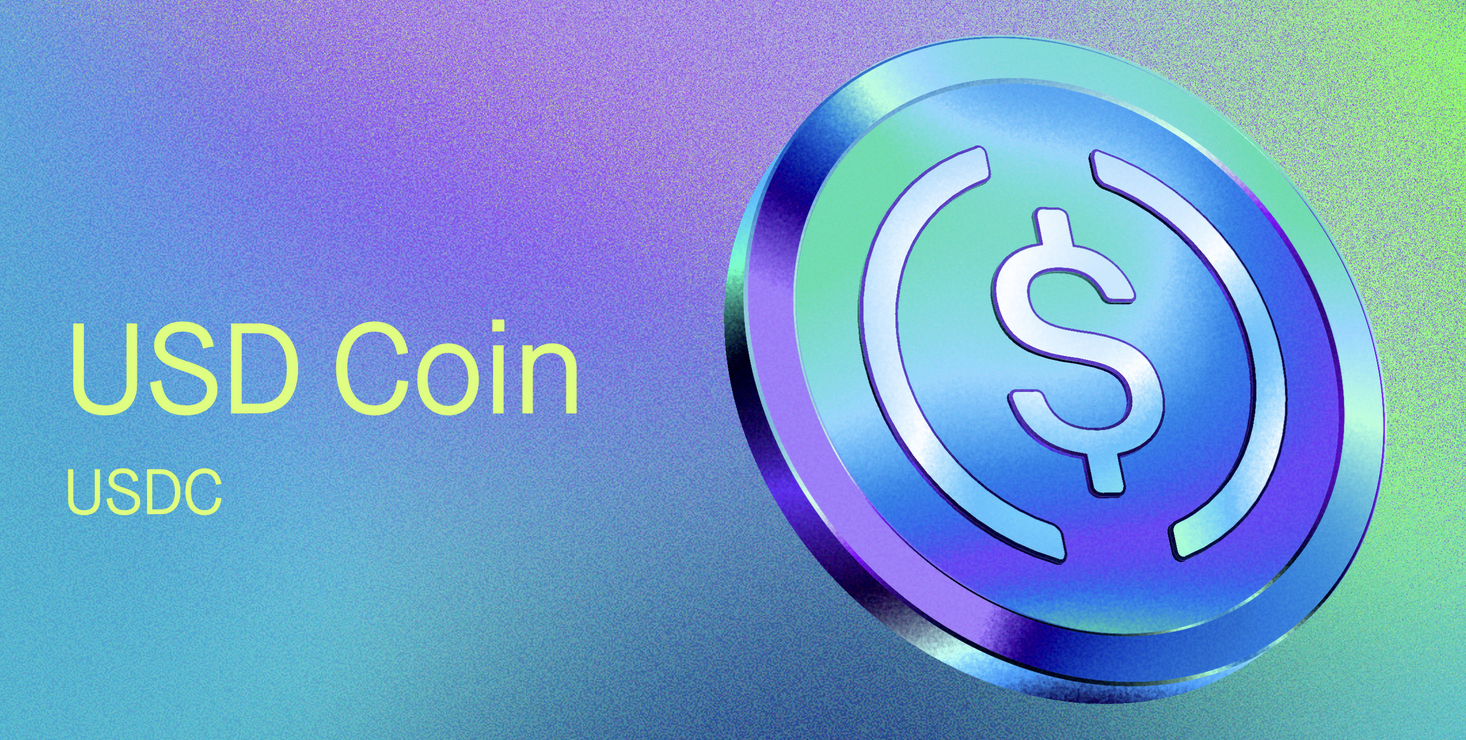
Non-governmental organizations and intergovernmental organizations (which, collectively, I’ll refer to as “aid organizations”) that operate in some of the most challenging environments around the world frequently struggle to access financial services according to a report by Circle. These organizations often experience transaction delays and declines that hurt their ability to send and receive funds, and are sometimes outright denied access by traditional financial institutions.
Under these conditions, without reliable financial services, it’s often difficult — if not impossible — to deliver traceable, efficient, and effective humanitarian aid to some of the world’s most vulnerable people in their time of greatest need. Even when aid organizations are able to get access to funds, their beneficiaries frequently experience their own challenges in accessing funds from the banking system or using and saving cash disbursements.
Key Takeaways
Many aid organizations and their recipients are underserved by the traditional financial system.
Dollar digital currencies like Circle’s USDC are helping aid organizations fix this dual-access problem by bringing dollars to the open internet, where they can travel at the same speed, scale, and cost as email and other types of internet data.
NGOs and other aid organizations are already using blockchain-based solutions to make a significant impact around the world.
